Are you a new family at your school? It can be a difficult transition for a new student, but elementary students are great at making new friends. But what about you? As parents, it can be difficult to feel like members of your new school community because you are not there every day. Check out the eight tips below for some ideas on how you can get plugged in!
1.Attend School Events
Many schools have new family orientations, back-to-school events, early teacher conferences, or in-take testing. There will be current families at these events and the informal settings can be a great way to get to know other parents.
Once the year is underway, try to be present at a few class events. These can be field trips, sporting events, or other school activities.
2. Get to Know Your Child's Teacher
The heart and soul of a school is the teacher in your child’s classroom. Make sure you get connected with the teacher as soon as possible. They will sometimes meet with all parents to start the year, have weekly newsletters, or email updates to parents. This is important for two reasons. First, it allows you to support your child’s learning at home and partner with the teacher for success. Second, this is an easy way to see contact information for other parents in your child’s class. Reach out to a few of the parents you meet at an event and see if they want to grab coffee (or something similar)!
3. Connect to a Host Family
As a new family, some schools (including BCCS) will provide a host family for you. This usually involves a current school family (with children of similar ages) touching base throughout the school year. While this does not always lead to forever friendships, it does provide a contact so you can get to know the school from the parent prospective. Contact your school’s admissions representative or enrollment coordinator to ask about this.
4. Help at Recess
Want to see what your new school is like during the day? Volunteer to cover a recess shift for a teacher. It is always fun to see the kids interact on the playground and this is also another great way to meet parents. An added bonus is that it providers your child’s teacher a brief moment to catch up and eat lunch.
5. Church Connections
All families at Byron Center Christian attend local churches (of many different denominations). Contact your school office and ask if other families from your church attend the school. This is a great common ground to find other school families.
6. Host a Play-Date
Ask your son or daughter who they spend time with during the day. Grab your school directory and invite those moms (or dads) over for a play-date. Meet at the playground, go somewhere fun, or just have them over for kids to play in the backyard.
7. Follow Social Media
Many schools have a Facebook or Instagram page, so take advantage. This is a simple way to see what happens during the day, check upcoming events, and feel more apart of your new school. Some schools will have parents groups that allow you to ask questions about things specific to your child’s class.
8. Contact the Parent Organization
Schools all have a type of parent support organization (Parents Club at BCCS) that not only raises financial support, but also hosts events and does many things to improve school culture. The officers or leaders of this organization can be great people to reach out to. Not only will they know what events you should attend (skating parties, class trips, fundraisers, etc.), but they are often very invested in the school. Send them an email and ask their advice on how to get connected and involved!
Admittedly, these are all steps that you (the new family) have to take. At Byron Center Christian, it is our hope and prayer that our school will always be a welcoming place for families that are new and for families that have been here for generations. We have processes in place to accomplish this goal, but we are always always open to new suggestions. Never hesitate to contact our school office for help in getting started!
Want even more ideas? Check out another blog here?















